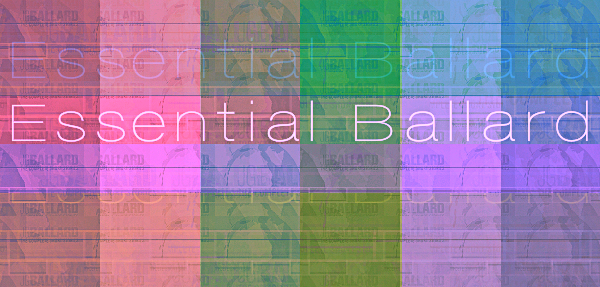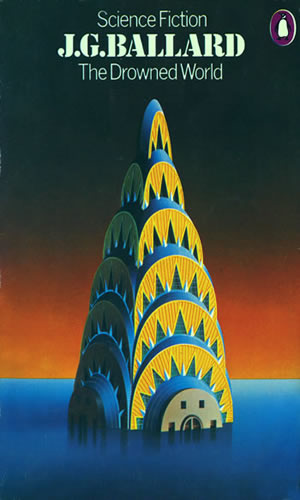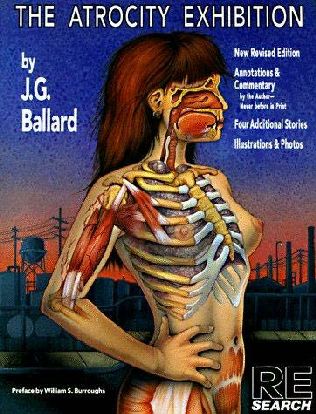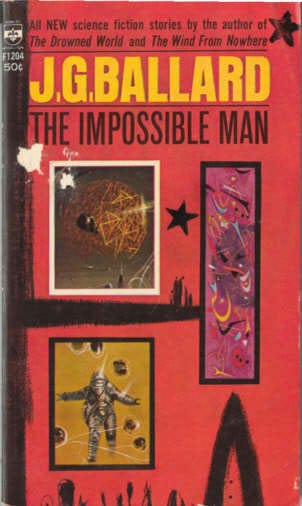
A highlight of an unexpected trip to Los Angeles a few weeks ago was getting to meet “in real life” with some people I’ve gotten to know over the internet. I met up with Ryan Chang, who’s written a number of excellent reviews for Biblioklept, and Adam Novy, whose novel The Avian Gospels is one of the best contemporary novels of the last decade. The weirdest part about hanging out was that it wasn’t weird at all.
After lunch and coffee, Ryan and I visited Alias Books East, a small but well-stocked book shop in Atwater Village. Plenty of books on art and film, and lots of literature in translation. I asked Ryan to pick out something for me to buy, and he chose Bohumil Hrabal’s The Little Town Where Time Stood Still, a title that had grabbed his attention when we first entered the store. Here’s NYRB’s blurb for the Hrabal:
The Little Town Where Time Stood Still contains two linked narratives by the incomparable Bohumil Hrabal, whom Milan Kundera has described as “Czechoslovakia’s greatest writer.” “Cutting It Short” is set before World War II in a small country town, and it relates the scandalizing escapades of Maryška, the flamboyant wife of Francin, who manages the local brewery. Maryška drinks. She rides a bicycle, letting her long hair fly. She butchers pigs, frolics in blood, and leads on the local butcher. She’s a Madame Bovary without apologies driven to keep up with the new fast-paced mechanized modern world that is obliterating whatever sleepy pieties are left over from the defunct Austro-Hungarian Empire. “The Little Town Where Time Stood Still” is told by Maryška and Francin’s son and concerns the exploits of his Uncle Pepin, who holds his own against the occupying Nazis but succumbs to silence as the new post–World War II Communist order cements its colorless control over daily life. Together, Hrabal’s rousing and outrageous yarns stand as a hilarious and heartbreaking tribute to the always imperiled sweetness of lust, love, and life.
Ryan picked up a first edition hardback of an Edward St. Aubyn novel and something else I can’t remember. The clerk also let us check out some of the signed hardbacks behind the counter, and I somehow didn’t spend sixty bucks on a copy of Ray with Barry Hannah’s signature.

I spent most of the next day wandering around downtown Los Angeles. Everyone had told me to check out The Last Bookstore, and I wasn’t disappointed. I spent over an hour browsing the huge space, wishing I had more time to linger, especially in the upstairs labyrinth and the wonderful little annex of art books and monographs.

I ended up buying the first book I handled at The Lost Bookstore, RE/Search’s 1990 oversized and illustrated edition of J.G. Ballard’s The Atrocity Exhibition. This is one of the first Ballard books I read, actually—a good friend of mine collected RE/Search titles throughout the nineties and let me borrow them. (I always returned them).
Opener:

And a random two-pager:

I also picked up another Ballard RE/Search title, a fat little book I’d never seen before named Quotes. Perfect airport reading. (And of course, being Ballard, there’s a whole section on airports). Random page:

I didn’t make it to the Iliad Bookshop in North Hollywood, but, hey, save something for next time, right?








 Nice gear shift…
Nice gear shift… Love the enthusiasm there…
Love the enthusiasm there…




